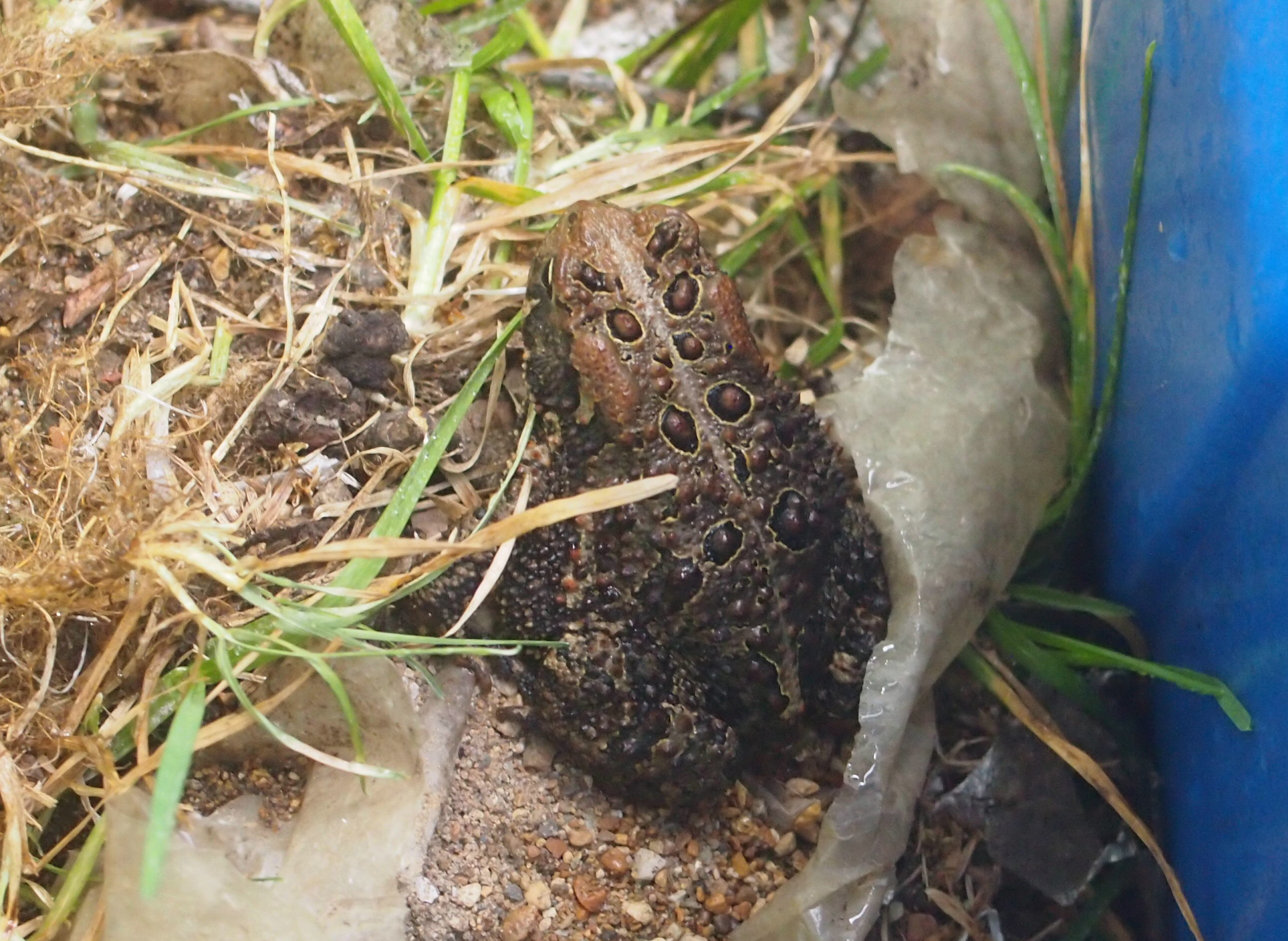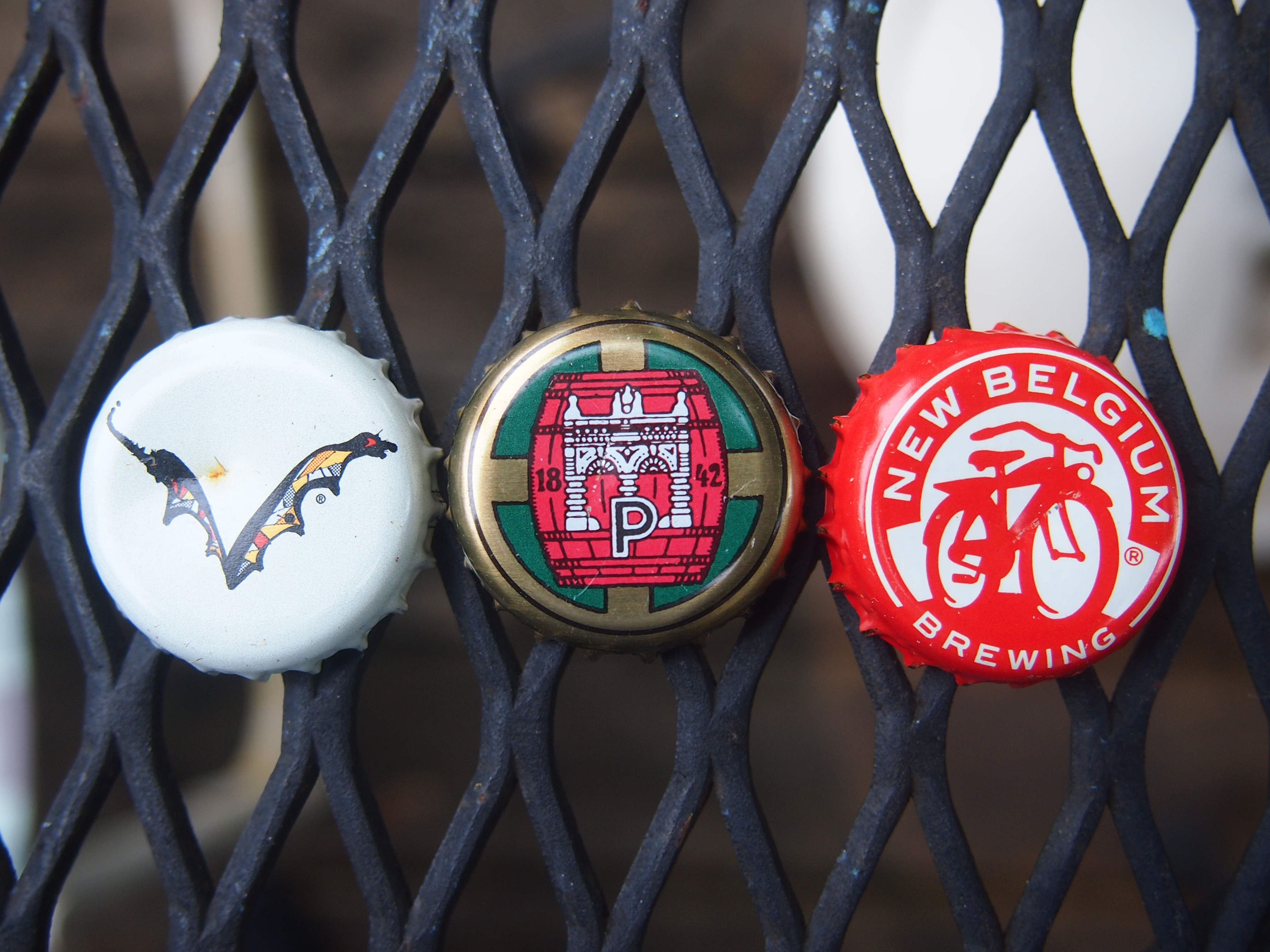Time for a late winter break. Back to posting around February 24, much closer to the winter-springish domain of March-April, which is always worth looking forward to.
Saw this today on a package of sushi.
 I won’t mock the grocery store for its spelling. I wasn’t a particularly good speller in my younger days. I have vague memories of teachers getting on my case about it. Later I got better, but never flawless, down to the present. Even now there are words I can never quite remember.
I won’t mock the grocery store for its spelling. I wasn’t a particularly good speller in my younger days. I have vague memories of teachers getting on my case about it. Later I got better, but never flawless, down to the present. Even now there are words I can never quite remember.
I have a hunch that my spelling deficiencies helped me become a more competent writer. I’d want to write a certain word, but couldn’t remember how it was spelled. So I’d think of another way to say what I wanted to say. If that isn’t an important writing skill, I’ll be a monkey’s uncle.
Does anyone say that anymore? I queried Ann about the phrase. She’d never heard it. Come to think of it, I can’t remember the last time I heard anyone use it. I think my 8th grade math teacher used to say it occasionally, but that was 45 years ago.
This is in the public domain and I want to use it.
How often do we hear about James M. Cox anymore? Seldom to never. All it takes is 99 years. If anything, he’s noted as the running mate of FDR, even though Cox was top man on the ticket.
Let’s hear it for the public domain. Expanding again as it should.
Here’s a remarkable bit of animation, by a young Iranian named Majid Adin.
I’ll never hear “Rocket Man” quite the same again. But I also associate it with a fellow I knew in high school who attached a small rocket launcher on top of his station wagon and rigged it so he could shoot off small rockets while the car was moving.
The launcher was horizontal, so the rockets went backward from his car. I didn’t just hear about that, either. I saw him do it once on a highway, from another car not far away.
Glad to see that Merle Hazard is still recording. Still amusing, too.
Channeling Tom Lehrer some, I’d say, though Lehrer didn’t do much country and western, unless you count “The Wild West is Where I Want to Be.” I want to hear Hazard’s song about Weimar Republic hyperinflation too.
I’m sorry I missed this Joan Jett video when it was new 30 years ago. But definitely better late than never.
It’s a cover, of course, but who cares. I only learned about a year ago that AC/DC borrowed the title from Beany and Cecil, a cartoon from before my time and which never showed up in reruns that I knew of.
Finally, a comic in which a character makes up something on the spot: about bread mines in this case. I like that.






